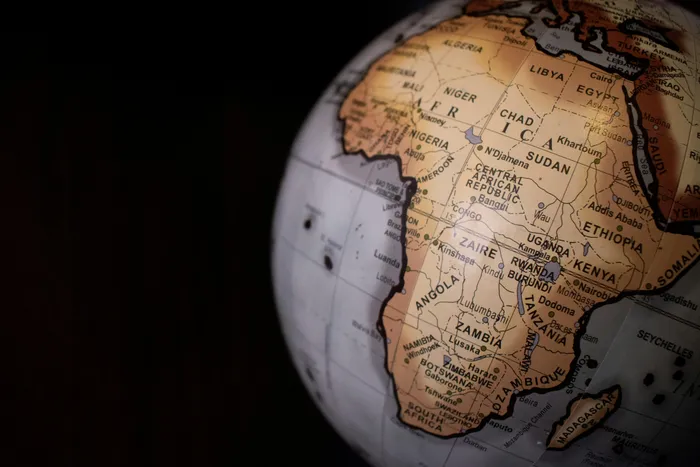
The continent still faces challenges on the digital divide.
Image: James Wiseman/Unsplash
Banele Ginindza
The African Continental Free Trade Area (AfCFTA) secretariat has this far done its work in developing updated cutting edge policies, including those of digital trade and digital identity for people and goods, throwing the gauntlet to governments to commit finance and practical trade across the continent, AfCFTA Director for Coordination and Programmes Tsotetsi Makong said on Wednesday.
Speaking at the 2025 TIPS Forum, which seeks to deepen understanding of the implications of the AfCFTA and regional integration on industrial development in Southern Africa, Makong said the continent continued to lose capital as traders preferred to travel to China, Turkeye, Dubai and other destinations to buy goods resold in the African market.
He said the continent still faced challenges on the digital divide with an assessment that it needs about 700 data centres to facilitate digital trade across the 49 countries that have yet ratified the AfCTA protocols.
"What's for sure is that the legal framework is there. As the AfCFTA, we have proven a point, not ourselves but our members, but for goods to move you need a real network.
"The AfCFTA without incentives being given, without some level and modicum of subsidy provided, finance coming in, infrastructure being laid out, probably we will only have the legal instrument without legs so we certainly need to think about how we can bring all the tools and make them apply on a crossborder basis and on a cross continental basis." Makong said.
He said one of the most recent important protocols adopted is on digital trade, which was an important protocol as no other document of this nature, comprehensive and extensive, shows the continent ready to integrate when it comes to an actual digital market.
He said the protocol had annexes on crossborder digital payments, which was important as the continent loses $5 billion in forex exchanges and the high cost of doing business outside the common monetary areas.
He said another annex dealt with digital identities as the mobility of people and business is a challenge.
"Here members have agreed and come up with a legal instrument that creates the AfCFTA digital identity. It is possible for business people to have a digital identity whether physical or numerical, whichever form it takes, that can be recognised across borders, it is an important issue allowing free movement of people and goods," he said.
The hybrid TIPS 2025 forum, being held over two days, seeks to identify risks to smaller economies or that circumvention of trade protocols could undermine the intent of the AfCFTA to grow the industrial base across the continent and strengthen economic development.
"We have to think about a different model that can operate within the rules while delivering on the continental industrialisation mandate. What would be that particular model that can help us work within the rules but at the same time be able to deliver for this continent - so it's a very important issue that we should not take lightly. Naivety should not be the name of the game," he said.
He said while policy coherence was possible as the framework was established, the politicians still needed to ensure the policies were relevant across the borders and the continent at large.
"The question of the cross border value chains goes the issues of policy and of infrastructure, how do we plan together, what is assured is in Nigeria and South Africa, the biggest African economies are insignificantly small by global standards, if you push alone you won't make it, there is no other option than to work together, how do we look at certain sectors?" Makong said.
He said AfCFTA has identified four priority sectors, namely pharmaceuticals, agro-processing, textiles and the automotive industries in which countries would collaborate as building block for continental trade.
"It's clear it will take us to sit and plan together, no single country can be able to chart its own way forward in the four priorities if you do it on your own. It's impossible," Makong said.
BUSINESS REPORT